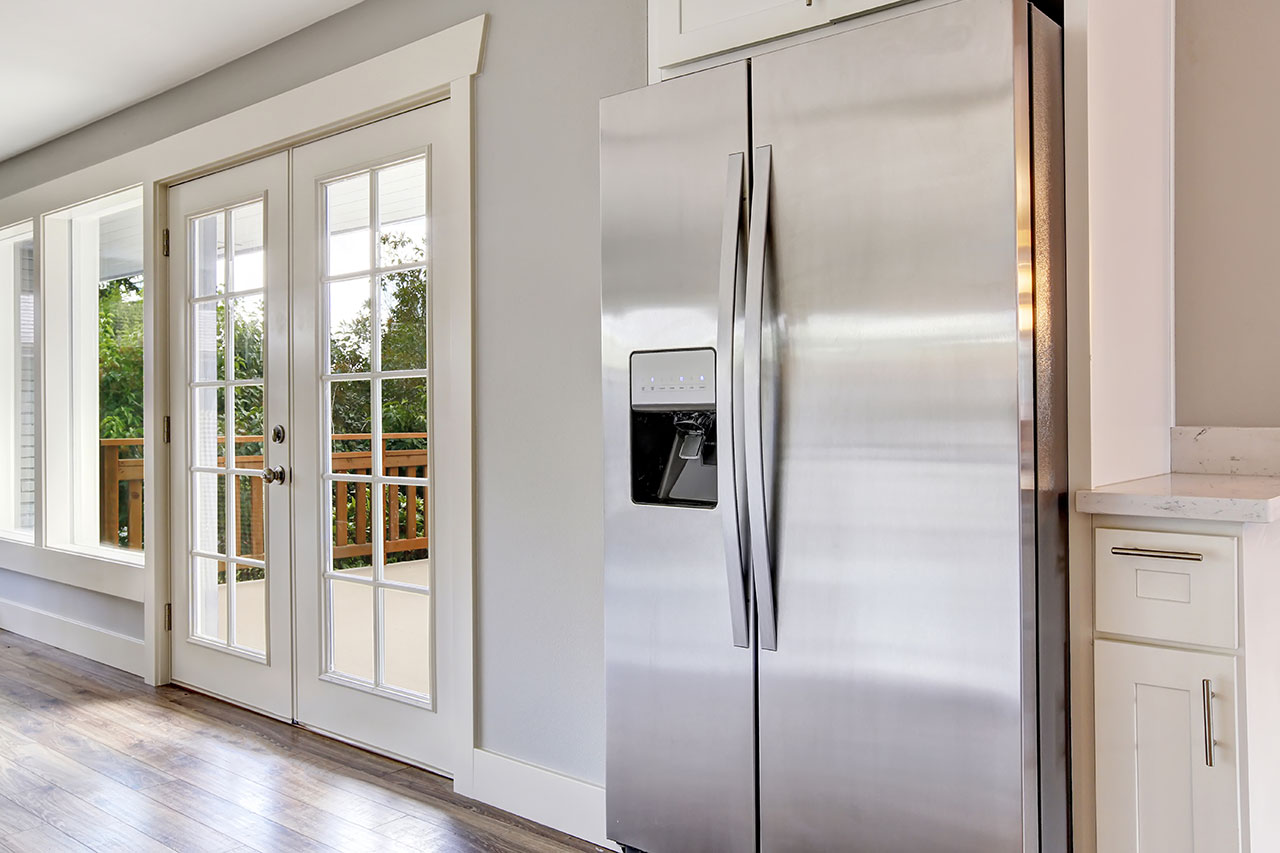
Get matched with top appliance (smaller size) installers and replacers in your area
Enter your zip and get matched with up to 3 pros
Matching on HomeAdvisor


Appliance (smaller size) installers and replacers in Deland
Appliance (smaller size) installations and replacements FAQs
Garbage disposals last around 10 years when properly maintained. If your unit is getting close to that age or repair costs are increasing, it might be time to consider a replacement. Regular maintenance and careful use can help maximize your garbage disposal's performance and help it reach its maximum lifespan.
There are several signs to watch for that indicate your garbage disposal needs to be replaced. Replacement may be necessary if it doesn't work even though it's properly connected, the blades are worn and causing delays in operation, a persistent foul odor that won't go away, or leaks coming from the bottom due to a compromised seal. If you're experiencing any of these issues, it might be time to consider getting a new garbage disposal to keep your kitchen running smoothly.
A plumber or handyperson can install your garbage disposal if the electrical connections are already in place. If you need additional electrical work, you'll also need to hire a qualified electrician to handle the rest of the job. Hiring local professionals ensures the installation is safe and up to code.
It’s important to avoid putting certain items down the drain to keep your garbage disposal running smoothly and avoid clogs. Expandable foods like pasta, rice, oatmeal, and bread can swell and cause blockages. Coffee grounds, grease, fats, and oils can accumulate and create clogs. Hard items such as meat bones, nuts, and fruit pits can damage the disposal blades. Eggshells, potato peels, and fibrous vegetables such as celery, pumpkin, corn husks, artichokes, onion skins, and asparagus can wrap around the blades or obstruct the pipes.
Not every sink is suitable for the installation of a garbage disposal. The compatibility of the sink with the disposal depends on the material and structural integrity. While many standard sinks support these units, fireclay sinks are prone to cracking under the added stress and should not be used. Confirm that your sink can securely accommodate the disposal before installation.
Choosing the correct size garbage disposal depends on your household size and how much waste you produce. A 1/3–1/2 horsepower unit should be sufficient for households with one to two people. If your household consists of three to six people, a 1/2–3/4 horsepower unit is recommended. FA3/4–1 horsepower model will be necessary. For larger households of five to eight people





- Appliance (Major Electric Appliance) - Install or Replace
- Clothes Dryer Repair
- Refrigerator Install or Repair
- Repair or Service a Clothes Washer or Dryer
- Microwave Repair
- Appliance (Microwave Oven) - Install or Replace
- Refrigerator or Freezer Repair
- Washing Machine Install or Repair
- Appliance Install
- Garbage Disposal Install or Replace
- Oven or Stove Repair
- Repair or Service an Oven or Stovetop
- Appliance (Major Gas Appliance) - Install or Replace
- Dishwasher Install or Repair
- Repair or Service a BBQ Grill
- Repair or Service a Small Size Appliance
- Range Hood Install
- Repair or Service a Dishwasher
- Appliance Maintenance
- Repair or Service a Fridge, Freezer or Ice Maker
- Birmingham
- Phoenix
- Tucson
- Fresno
- Long Beach
- Los Angeles
- Modesto
- Sacramento
- San Diego
- San Francisco
- San Jose
- Denver
- Hartford
- Washington DC
- Fort Lauderdale
- Jacksonville
- Miami
- Orlando
- Tampa
- Atlanta
- Chicago
- Indianapolis
- Louisville
- New Orleans
- Baltimore
- Boston
- Detroit
- Grand Rapids
- Minneapolis
- Saint Paul
- Kansas City
- Saint Louis
- Las Vegas
- Albany
- New York
- Asheville
- Charlotte
- Greensboro
- Raleigh
- Winston Salem
- Cincinnati
- Cleveland
- Columbus
- Oklahoma City
- Portland
- Harrisburg
- Philadelphia
- Pittsburgh
- Providence
- Memphis
- Nashville
- Austin
- Dallas
- El Paso
- Fort Worth
- Houston
- San Antonio
- Salt Lake City
- Norfolk
- Richmond
- Virginia Beach
- Seattle
- Madison
- Milwaukee



